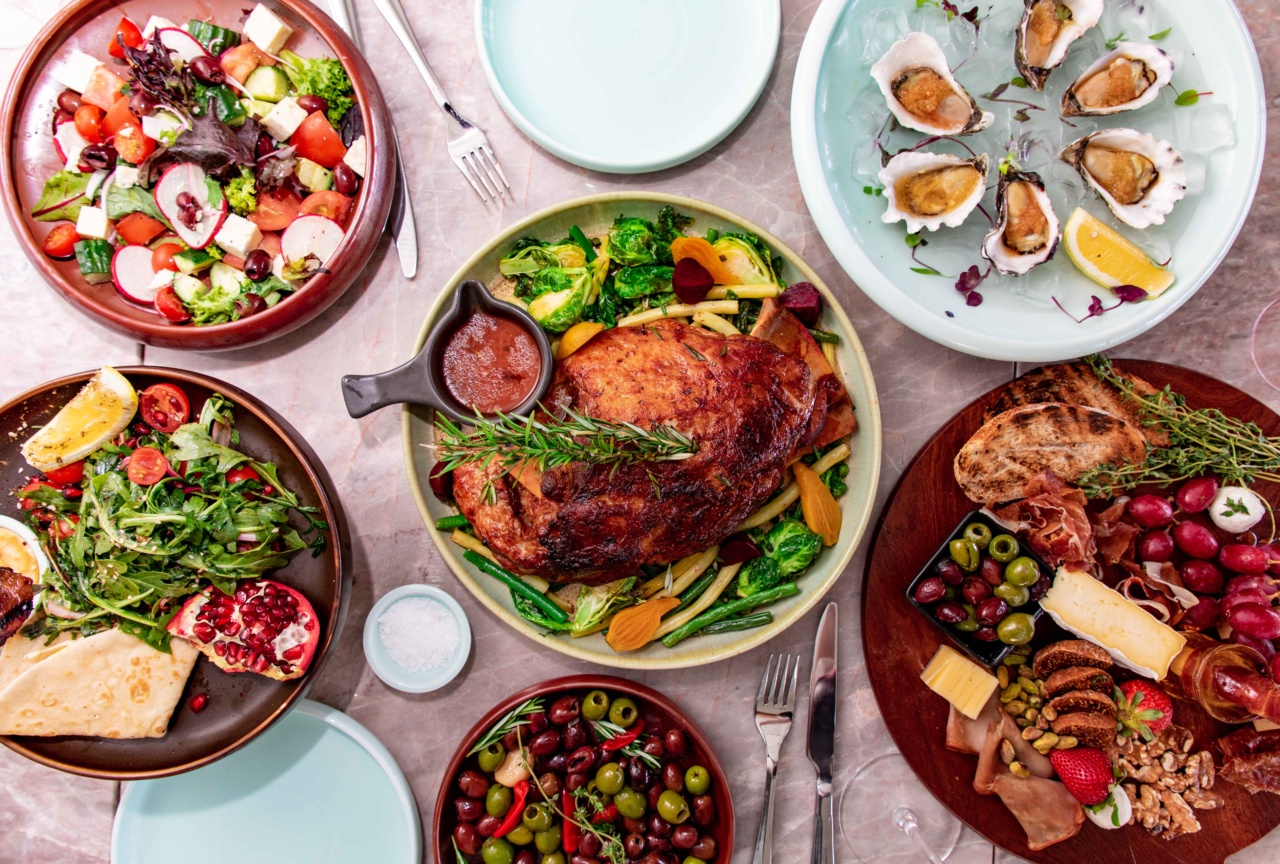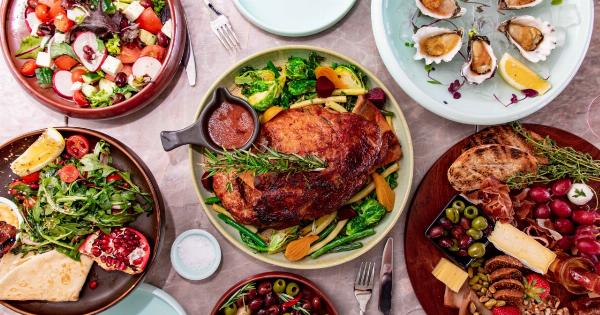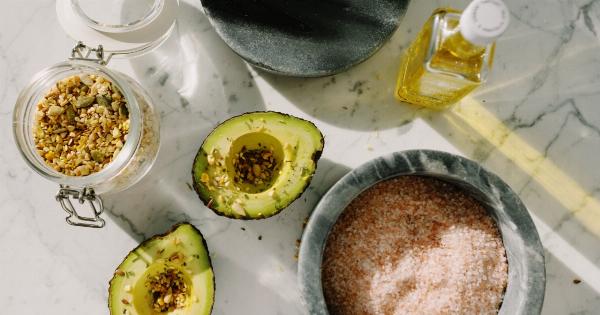Washing food items before cooking is a common practice that most people follow to ensure that their food is clean and free from dirt and bacteria.
However, there are certain types of food that should not be washed before cooking, as washing them can actually cause harm. In this article, we will look at some of the surprising foods that should not be washed before cooking.
1. Mushrooms
Mushrooms are one of the few vegetables that should not be washed before cooking. The reason for this is that mushrooms are sponge-like and can absorb water quickly.
When mushrooms are washed, they absorb the water, which can affect their texture and flavor when cooked. Instead of washing mushrooms, it is recommended to use a damp cloth or paper towel to clean them, removing any dirt or debris.
2. Chicken
Many people wash chicken before cooking it, thinking that it will remove any bacteria. However, washing chicken can actually increase the risk of spreading bacteria, as the water can splash onto other surfaces and contaminate them.
The best way to ensure that chicken is safe to eat is to cook it thoroughly, ensuring that it reaches an internal temperature of 165°F.
3. Eggs
Similar to chicken, washing eggs before cooking can increase the risk of spreading bacteria. The shell of an egg is actually designed to protect the egg from bacteria and other contaminants, so washing it can remove this protective barrier.
Instead, it is recommended to crack the egg directly into a bowl, checking for any shell fragments, before using it in a recipe.
4. Quinoa
Quinoa is a superfood that has become popular in recent years due to its high nutritional value. However, many people are unaware that quinoa should not be washed before cooking.
This is because quinoa is covered in a natural coating called saponin, which can give it a bitter taste. Most quinoa sold in the U.S. has already been pre-washed, but if you are unsure, it is best to check the packaging before washing.
5. Fish
Washing fish before cooking can cause the flesh to become mushy and lose its flavor. In addition, washing fish can spread bacteria, as the water can splash onto other surfaces.
Instead of washing fish, it is recommended to remove any scales or skin, and then pat the fish dry with a paper towel.
6. Pasta
Many people think that washing pasta after it has been cooked will remove any excess starch and prevent it from sticking together. However, washing pasta can actually wash away some of the natural flavors and nutrients, leaving it dull and tasteless.
The best way to prevent pasta from sticking together is to simply add a bit of oil or butter while cooking, or to stir it frequently while it cooks.
7. Pre-Washed Salad Greens
Many grocery stores now sell pre-washed salad greens, which may seem like a convenient way to save time in the kitchen. However, washing these greens again before cooking or eating them can actually increase the risk of spreading bacteria.
The pre-washed greens have already been washed with a sanitizing solution, so washing them again can remove this protective coating. Instead, it is recommended to simply use these greens as they are, without washing them again.
8. Bacon
While it may be tempting to wash bacon before cooking to remove excess salt or fat, this can actually make the bacon spatter more when it is cooked. The water can also dilute the bacon’s smoky flavor, making it less tasty.
Instead, simply pat the bacon dry with a paper towel to remove any excess moisture before cooking.
9. Melons
Many people wash melons before cutting them open, thinking that it will remove any bacteria from the skin. However, washing melons can actually cause bacteria to be pushed into the flesh, increasing the risk of contamination.
The best way to ensure that melons are safe to eat is to simply wash them with soap and water before cutting them open, ensuring that the knife you use is clean and sanitary.
10. Dry Beans
Dry beans should never be washed before cooking, as the water can cause the beans to become mushy and lose their texture.
Instead, simply sort through the beans to remove any debris, and then soak them overnight to remove any dirt or other contaminants.
Conclusion
While washing food items before cooking is a common practice, there are certain types of food that should not be washed. By following these guidelines, you can ensure that your food is safe to eat and retains its texture and flavor.































